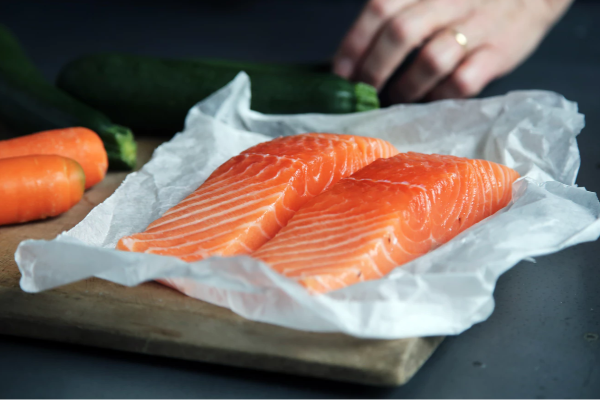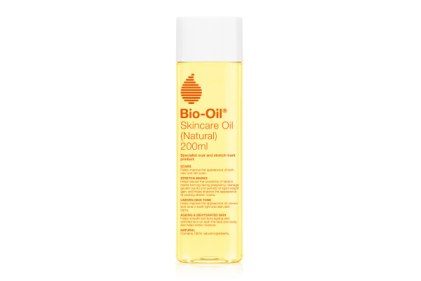Omega-3 fatty acids have long been linked to their benefits to heart health, and can be found in foods such as fatty fish, flaxseed, cod liver oil and anchovies.
The latest findings indicate that these important nutrients are vital for pregnant women and their babies, offering a reduced risk for depression for mums and a better birth weight for the baby.
While it's unknown exactly how much omega-3 fatty acids are needed per day, it's been confirmed that they improve development and brain function, and possibly even asthma prevention.
The Spanish study followed almost 2,000 mums and their little ones from the first trimester of pregnancy until the child turned five.
The researchers found that eating large amounts of fatty acids during pregnancy may offer benefits such as improvements in cognitive functioning and a possible protection from autism-spectrum traits.
These benefits were only seen when the mum participants ate roughly three ounces of fish every day, which is just within the limits set by the European Food Safety Authority to avoid excess mercury.
The study showed no signs of mercury or other pollutants associated with fish having a negative effect on the pregnant woman eating this amount of food.
The recommendations of Spanish study regarding the amount of fish a pregnant woman can eat is more than the U.S. Food and Drug Administration weekly guidelines.
The FDA claims that a max of eight to 12 ounces of fish (about two-to-three servings) of a variety of seafood low in mercury can be eaten by expectant mums.
A study published in the journal Nutrients is also proposing that many women fail to eat enough Omega-3 fatty acids during pregnancy, posing a health risk to themselves and their baby.
The safe choices of foods include salmon, anchovies, sardines, farmed mussels, cod liver oil and trout. It's important to avoid tuna, king mackerel, shark, marlin, swordfish and tilefish while pregnant.
Taking supplements is another option, if you're not a fan of eating fish. Your GP or nutritionist can offer the right amounts to cater for your needs.








